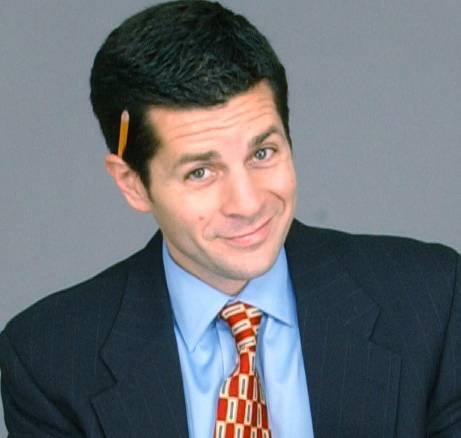
In February 1933, Herman Goering—one of Adolph Hitler’s top leaders– sent telegrams to Germany’s 25 leading industrialists inviting them to a secret meeting in Berlin. The reason for the clandestine gathering was that Hitler–who had been named Chancellor of Germany the month before–had just called for new elections to take place the following month. Hitler, though, had one problem: His Nazi party desperately needed funds to wage a campaign.
At the meeting, Hitler spoke for nearly 90 minutes telling the German industrialists –such as arms and steel tycoon Gustav Krupp—of his plans to end the nation’s democracy after the upcoming election because they could better prosper in a dictatorship under his rule, explaining, “Private enterprise cannot be maintained in the age of democracy.” And later Goering told these wealthy businessmen a Nazi victory in the upcoming election would guarantee a favorable climate for business. In response, as Robert Jackson, the chief U.S. prosecutor at Nuremberg and former Supreme Court Justice noted, “[T]he industrialists…became so enthusiastic that they set about to raise three million Reichsmarks [worth about $30 million today] to strengthen and confirm the Nazi Party in power.”
Read the rest of Dean Obeidallah’s piece and and subscribe to his Substack






